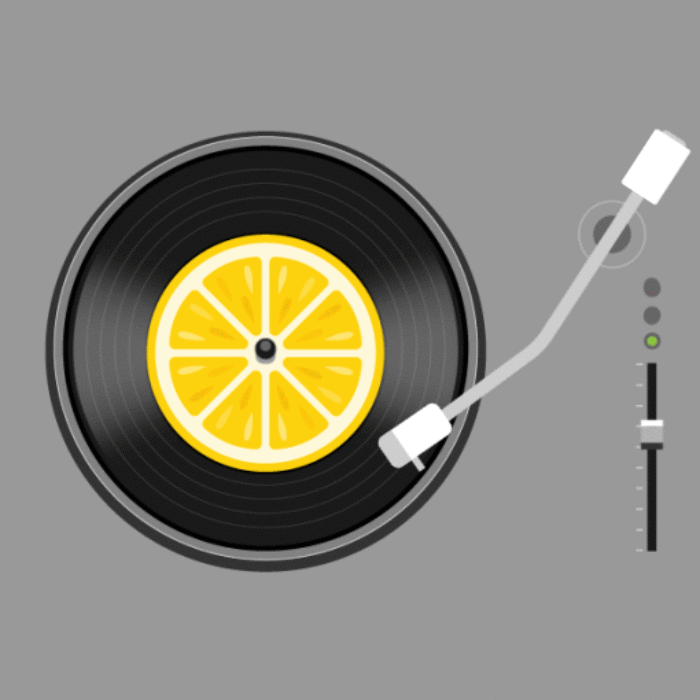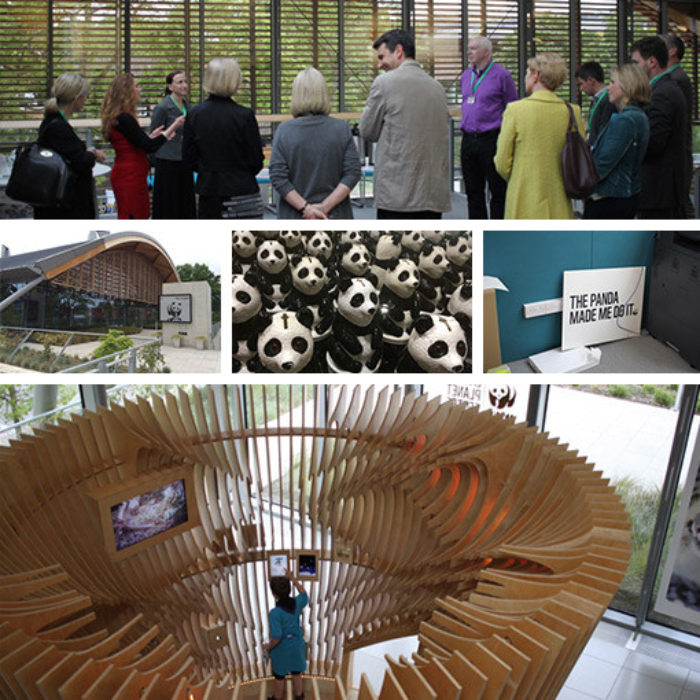It’s quiz time: How human is your organisation?
Okay, I have a quiz for you to test how human you are. Not you exactly. If you’re reading this, I think there’s a good chance you have some humanity. I mean your organisation. Score it out of 10 against each of these questions.
1. Are you asking the right questions?
Albert Einstein said: “If I had an hour to solve a problem and my life depended on the solution, I would spend the first fifty-five minutes determining the proper question to ask.” How well do you think your organisation understands the right questions to ask?
2. Are you designing in the senses?
In her book Super Senses, Emma Young identifies 32 human senses. When you think about your workplace, or your brand, do you even consider the traditional five senses? For example, does your brand stop at visual and verbal thinking? Do you have a strategic approach to sound?
3. Are you designing-in a diversity of ideas?
Ask yourself, do we want everyone to think and believe the same? Do we think we should have a single corporate culture? Do we deliberately recruit people who think differently? Do we encourage debate?
4. Do you understand our social nature?
How socially savvy is your organisation? Consider: how well do we understand that humans are social? Do we know how to create and measure social dynamics? Do we understand the dynamics of good conversations? Good meetings? Effective collaboration? For example, according to a Harvard study only 2% of conversations end when both parties want them to.
5. Do you know what employees want?
Ask yourself: do we know what employees want out of life as well as life at work? Do we know what they mean by wellbeing? Do we know what good people management is? Do we provide real-time feedback? Coaching? Do we even laugh in the workplace? For example, at the age of 23 the number of times we laugh each day nosedives, and yet 98% of executives prefer people with a sense of humour.
6. Do you have a purpose?
Have you defined your purpose? Do you live it? Have you defined what you believe? Do your beliefs guide your actions? Do you have a deep understanding of your operating and wider context?
7. Do you embrace emotion?
Cultural historian Tiffany Ward Smith believes people may have up to 154 emotions. And according to neurologist Donald Calne: “The essential difference between emotion and reason is that emotion leads to action while reason leads to conclusions.” So, ask: do we understand emotion? Do we know how brain chemicals work and what a reward system would look like if we paid attention to neurochemicals? And how okay are we with people sharing how they feel?
8. Do you understand what persuades people to act?
We may begin to understand bias. But do we really understand motive? There are as many motivations as biases. Do we know how to use them to trigger the behaviours we may want? Do we know how people make decisions? Do we know how people learn? Do we understand the critical importance of mental models and stories?
9. Do you have a culture of innovation?
Most organisations feel themselves innovative. Let’s dig a little deeper and question: do we have a culture of innovation in which everyone is an innovator? Are we open to ideas from other disciplines? Are we working across silos? Do we distribute power? Do we have a culture of inclusive innovation or does innovation tend to favour people who are louder, more senior, confident and articulate? Is failure okay? Do we know how good ideas spread?
10. Do you consider the small behaviours?
Culture change programmes are usually managed top-down. Consider how change manifests in your organisation, and ask: do we give equal importance to peer-to-peer networks? Do we understand micro-behaviours – the small regular behaviours that are important every day, like asking people at the start of meetings how they are feeling? Do we avoid giving quiet innovators their time in the spotlight?
Let’s see how you did
If you’ve scored 50 or less, well… don’t worry. My guess is that at best our organisations are currently only 50% human. All that matters is a decision to do something about it. We live in a world where, as Lewis Carroll’s Red Queen says: “It takes all the running you can do, to keep in the same place. If you want to get somewhere else, you must run at least twice as fast as that!”
If we want to move fast, we need to engage all our people. The holy grail? Not sure. But maybe it’s having every colleague say something like this (from a Royal DSM employee in a November 2020 internal culture video): “I can be my whole self every single day.”
John Drummond is chairman of Corporate Culture, and was recently named by HR Magazine as a key HR Influencer in 2021.



